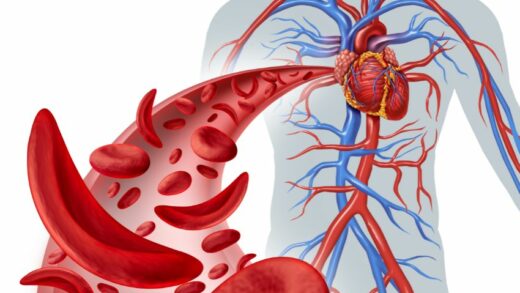Diuretics are a type of medication that help the body get rid of excess water and salt by increasing urine production. They are commonly used to treat conditions like high blood pressure, heart failure, and edema. Diuretics are available in different forms, including pills, injections, and IVs.
If you are new to diuretics, it can be overwhelming to understand how they work and how to use them effectively. This article provides a comprehensive overview of diuretics, including their types, uses, and benefits.
Types of Diuretics:
There are three main types of diuretics:
- Thiazide diuretics: These diuretics are commonly used to treat high blood pressure and heart failure. They work by blocking the reabsorption of salt and water in the kidneys, which increases urine production.
- Loop diuretics: Loop diuretics are used to treat edema and heart failure. They work by blocking a protein in the kidneys called the Na-K-2Cl co-transporter, which helps the kidneys excrete excess salt and water.
- Potassium-sparing diuretics: These diuretics are used to treat high blood pressure and heart failure. They work by blocking the action of aldosterone, a hormone that regulates sodium and potassium levels in the body.
Uses of Diuretics:

Diuretics are used to treat a variety of conditions, including:
- High blood pressure: Diuretics can help lower blood pressure by reducing the amount of salt and water in the body.
- Heart failure: Diuretics can reduce the amount of fluid in the lungs and body, making it easier for the heart to pump blood.
- Edema: Diuretics can help reduce swelling and fluid retention in the body caused by conditions like liver disease, kidney disease, and heart failure.
- Kidney stones: Diuretics can help prevent the formation of kidney stones by reducing the amount of calcium in the urine.
Benefits of Diuretics:
- Reduce blood pressure: Diuretics can help lower blood pressure, which reduces the risk of heart attack, stroke, and other cardiovascular diseases.
- Reduce edema: Diuretics can help reduce fluid retention in the body, which can improve symptoms of conditions like heart failure and liver disease.
- Prevent kidney stones: Diuretics can help prevent the formation of kidney stones by reducing the amount of calcium in the urine.

FAQs:
Can diuretics cause dehydration?
Yes, diuretics can cause dehydration if not used properly. It’s important to drink plenty of fluids while taking diuretics to prevent dehydration.
Can diuretics cause low potassium levels?
Yes, some types of diuretics, such as loop diuretics and thiazide diuretics, can cause low potassium levels. Potassium-sparing diuretics are less likely to cause this side effect.
How long does it take for diuretics to work?
The time it takes for diuretics to work varies depending on the type of diuretic and the condition being treated. Some diuretics work within an hour, while others may take several hours or days to take effect.
Can diuretics interact with other medications?
Yes, diuretics can interact with other medications, including blood pressure medications, corticosteroids, and nonsteroidal anti-inflammatory drugs (NSAIDs). It’s important to talk to your doctor before taking any new medications while on diuretics.
Can diuretics be taken during pregnancy?
Diuretics are generally not recommended during pregnancy as they can affect fetal development. However, in some cases, they may be used under close medical supervision.
Conclusion:
Diuretics are an important class of medication that can help treat a variety of conditions, including high blood pressure, heart failure, and edema. Understanding the different types of diuretics, their uses, and potential side effects is essential for anyone considering taking these medications. If you are prescribed diuretics, it’s important to use them properly, drink plenty of fluids, and talk to your doctor if you experience any side effects or have any concerns. With the right use and monitoring, diuretics can be an effective tool in managing certain medical conditions.






















